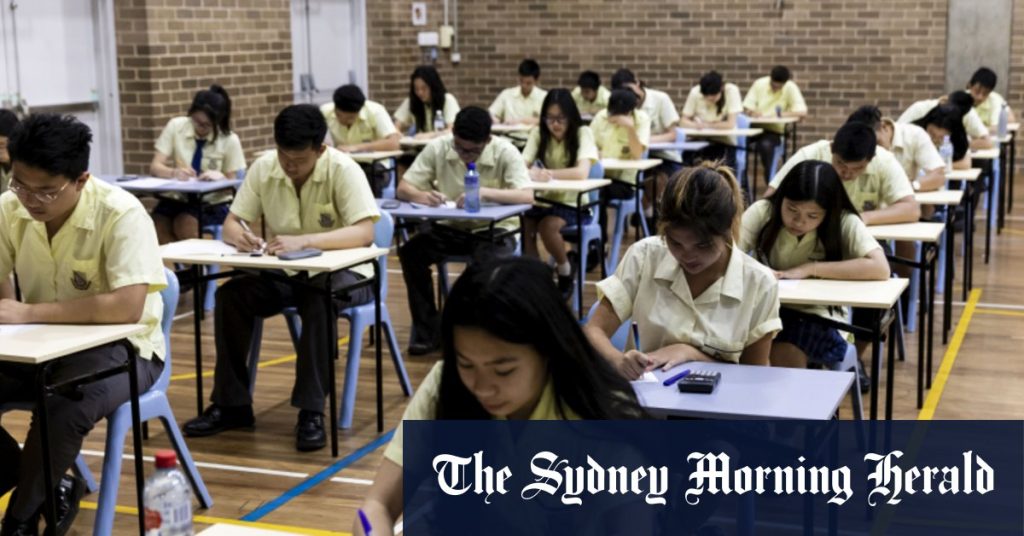Some students are dedicating two years to intensive after-school tutoring classes in preparation for the selective school test, with parents reportedly spending up to $20,000 on coaching. The Department of Education will be running a computer-based test pilot with around 1400 students in June, with testing centres in Sydney, Newcastle, and Bathurst. In addition, a practice test environment will be available to students to help them prepare for the computer-based placement tests later in the year. Janison will be partnering with Cambridge Assessments for the first online selective school and opportunity class tests in 2025. Mohan Dhall, the chief executive of the Australian Tutoring Association, stated that coaching colleges are investing tens of thousands of dollars in adapting paper-based resources to an online format, while expressing concerns about the increasingly hyper-competitive environment the selective school system fosters.
Selective school applications have been steadily rising for the sixth year in a row without a corresponding increase in available places, leading to heightened competition among students. Dhall noted that although parents are attracted to the selective school system due to the perceived pathway to success and schools’ HSC rankings, the primary goal of education shouldn’t be cultivating such a competitive environment. Moving online is expected to bring benefits as test providers will be able to track how long students spend on each question, potentially identifying the least coachable types of questions. The speed at which online tests can be marked and results returned is also advantageous. University of NSW researcher Professor Jae Jung, an expert in gifted education, acknowledged reservations regarding digital tests, such as concerns about cheating and potential advantages for tech-savvy students. He suggested that as more students apply for selective schools, education officials should consider whether universal screening would be a more effective means of testing or entry.
The transition to digital testing comes after NAPLAN moved online in 2022, signaling an inevitable change in the assessment landscape. While some may have concerns about the effectiveness and fairness of digital tests, especially in terms of security and potential advantages for certain students, it is seen as a natural progression in education. The move to online testing will provide test providers with valuable data on student behavior and performance, potentially leading to improvements in the testing process. However, it also raises questions around issues like cheating and ensuring a level playing field for all students, regardless of their technological proficiency. As the education sector evolves, the selective school system may need to reconsider its approach to testing and entry in order to adapt to the changing landscape and better serve the needs of students.
The Australian Tutoring Association chief executive Mohan Dhall highlighted the significant investments being made by coaching colleges to transition their resources to an online format, as well as the challenges in replicating quality online tests that truly assess critical thinking skills. The shift towards digital testing poses both opportunities and challenges for students, educators, and test providers alike. While online testing offers advantages in terms of efficiency and data collection, concerns remain about maintaining fairness, integrity, and security in the assessment process. As the demand for selective schools continues to rise and competition intensifies, there is a growing need to re-evaluate the current testing and entry procedures to ensure they align with the goals of education and provide equal opportunities for all students. The move towards digital testing represents a significant shift in the education sector and underscores the importance of staying abreast of technological advancements to meet the evolving needs of students and enhance the assessment process.












